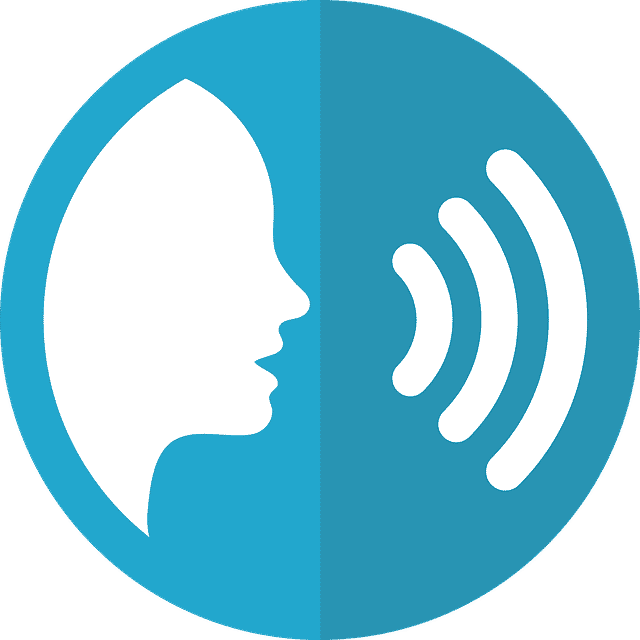
Diction is given by the form of expression.
Latin is where we can find the etymological origin of the word diction that concerns us now. More precisely, it emanates from "dictio", which is the result of the sum of the following components:
• The verb «dicare», which can be translated as «say».
• The suffix «-ción», which is used to express «action and effect».
The way a person expresses themselves is known as diction . This term is linked to the way in which each individual uses words and, therefore, forms sentences .
Good or bad diction
It is possible to qualify the different constructions according to how correct they are according to the rules of the language . When the construction is correct, we speak of good diction . The opposite results in bad diction .
It is important to keep in mind that the qualification of diction as good or bad has nothing to do with the meaning that the person wants to convey, nor with the contents that they intend to express.
The importance of pronunciation
Diction, on the other hand, is also linked to the way words are pronounced . When a man pronounces each term clearly, performs stress correctly, and uses appropriate pauses within each sentence, he can be said to have good diction. Since it is easy to understand whoever expresses himself in this way, it is also indicated that the diction is clean or clear.
There are professionals who, in this sense, it is essential that they have good diction to be able to carry out their jobs. This would be the case, for example, of professors, teachers or politicians. And they all need to express themselves in the best possible way to be understood by those who listen to them and to ensure that the messages they transmit penetrate.

The pronunciation of words is key in diction.
How to improve diction
When it comes to improving diction, you have to be clear that this is something that can be done in many different ways:
• Controlling the speed with which words are pronounced. That means starting to practice with a slower tone.
• Taking care of breathing at all times, to avoid fatigue and even suffocation.
• It is important to consider that having good diction does not mean eliminating any accent you have. Speech therapy experts make it clear that accent is cultural wealth, and that it in no way detracts from someone being able to achieve the perfect diction they want.
• In order to practice and work on diction, you can use a wide variety of exercises and techniques. Among them would be repeating tongue twisters, reciting poems, participating in debates and contrasting opinions...
The vices of speech
Good diction, or clean diction , cannot harbor the so-called vices or defects of speech . That is why it is essential to avoid expressions such as “entiendanmen” (for “understand me” ), “dotor” (for “doctor” ) or “infeción” ( “infection” ). As can be seen, diction is not linked to the understanding that is achieved in the listener, since these failed words are easily recognizable, even when the diction is far from perfect.
A certain musicalization of expressions is another characteristic that makes up diction. The person who expresses himself with good diction manages to nuance the sounds he emits to produce a pleasant effect, thanks to the placement of the voice, the position of the lips and breathing.
